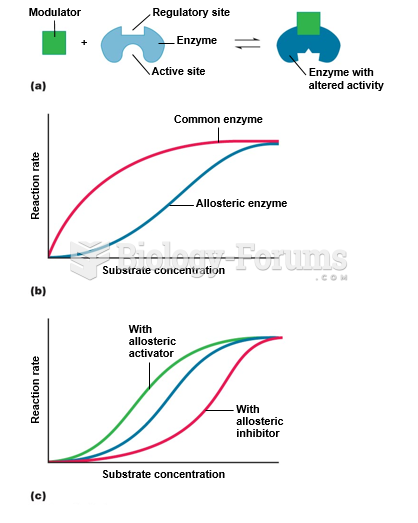Answer to Question 1
Correct Answer: 4
Rationale 1: Pancreatic enzyme replacements are considered pregnancy category C, which means that animal reproduction studies have shown an adverse effect and that there are no well-controlled studies on humans. Potential benefits might outweigh potential risks.
Rationale 2: Hyperuricemia is a possible side effect of pancreatic enzyme replacement.
Rationale 3: Pancreatic enzyme replacement is indicated for the treatment of chronic pancreatitis, which might cause the symptom of diarrhea.
Rationale 4: Pancreatic enzyme replacement is indicated for the treatment of chronic pancreatitis.
Global Rationale: Pancreatic enzyme replacement is indicated for the treatment of chronic pancreatitis, which might cause the symptom of diarrhea. Pancreatic enzyme replacements are considered pregnancy category C, which means that animal reproduction studies have shown an adverse effect and that there are no well-controlled studies on humans. Potential benefits might outweigh potential risks. Hyperuricemia is a possible side effect of pancreatic enzyme replacement.
Answer to Question 2
Correct Answer: 3
Rationale 1: Psychosis is not one of the most common reasons for prescribing antiemetic drugs.
Rationale 2: Morning sickness is not one of the most common reasons for prescribing antiemetic drugs.
Rationale 3: Therapy with antineoplastic drugs is one of the most common reasons for prescribing antiemetic drugs.
Rationale 4: Hyperemesis gravidarum is not one of the most common reasons for prescribing antiemetic drugs.
Global Rationale: Therapy with antineoplastic drugs is one of the most common reasons for prescribing antiemetic drugs. Hyperemesis gravidarum is not common and morning sickness occurs with a limited population. Psychosis is not associated with nausea and vomiting.







